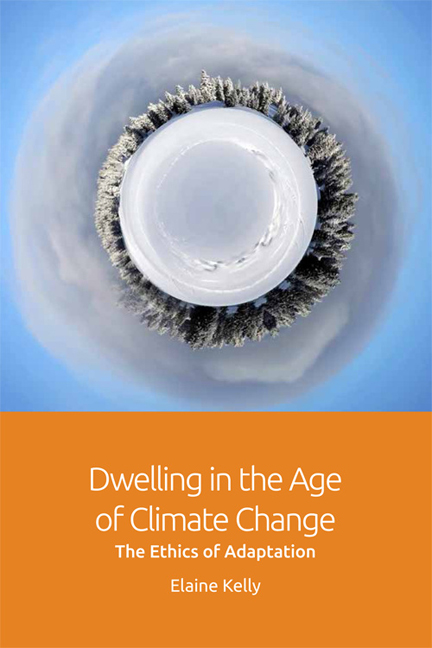6 - Hitting the Global North: From Crisis to Recovery to Rebuilding?
Published online by Cambridge University Press: 29 April 2021
Summary
‘The spectacle is not a collection of images; rather it is a social relationship between people that is mediated by images.’
Guy DebordHARD RAIN
When Guy Debord wrote The Society of the Spectacle in the 1960s he was interested in the way that the economic system of a political community managed to hold considerable power. He argued that this was fostered through the construction of an ‘industry of the image’. This industry sought to reinforce the particular values and identities of the ruling class, whether communist or capitalist, totalitarian or democratic. Within capitalist societies the model of such a spectacle was ‘diffuse’ and emphasised an ‘abundance of commodities’ (Crary 1989: 105). That is, the visual realm, what Debord called the ‘spectacle’, propped up the interests of a capitalist economy through the proliferation of images of consumption for the population to feed on. In totalitarian regimes, the spectacle was understood to be more coercive and emphasised a state of ‘permanent violence’. By the late 1980s, he had collapsed these two models, referring to an ‘integrated society of the spectacle’ where commodification and violence worked together (Crary 1989: 105).
In the Global North, climate change is something to be consumed through the ever-diversifying media platforms available to us. It is a spectacle that invites its audience into a relationship with others. The social relationship that is enabled can take many forms: from those that are motivated by compassion and altruism, to those that dehumanise and exclude. Regardless of what cultural values arise in the formation of this social relationship, the politicised consumption of disaster has ethical consequences for how we in the Global North understand and engage with the crisis that climate change poses, particularly if it involves chronic displacement from one's home. In the Global North, we are suffering the plight of dwelling within a Heideggerian register. Not only do we fail to take care of the world we are thrown into, but we remain committed to technologisation, or earth-as-resource, as an answer to our social and environmental ills. Moreover, extrapolating from Levinas we can see that we routinely delude ourselves with the belief that our possession of the world is secure.
- Type
- Chapter
- Information
- Dwelling in the Age of Climate ChangeThe Ethics of Adaptation, pp. 143 - 164Publisher: Edinburgh University PressPrint publication year: 2018

